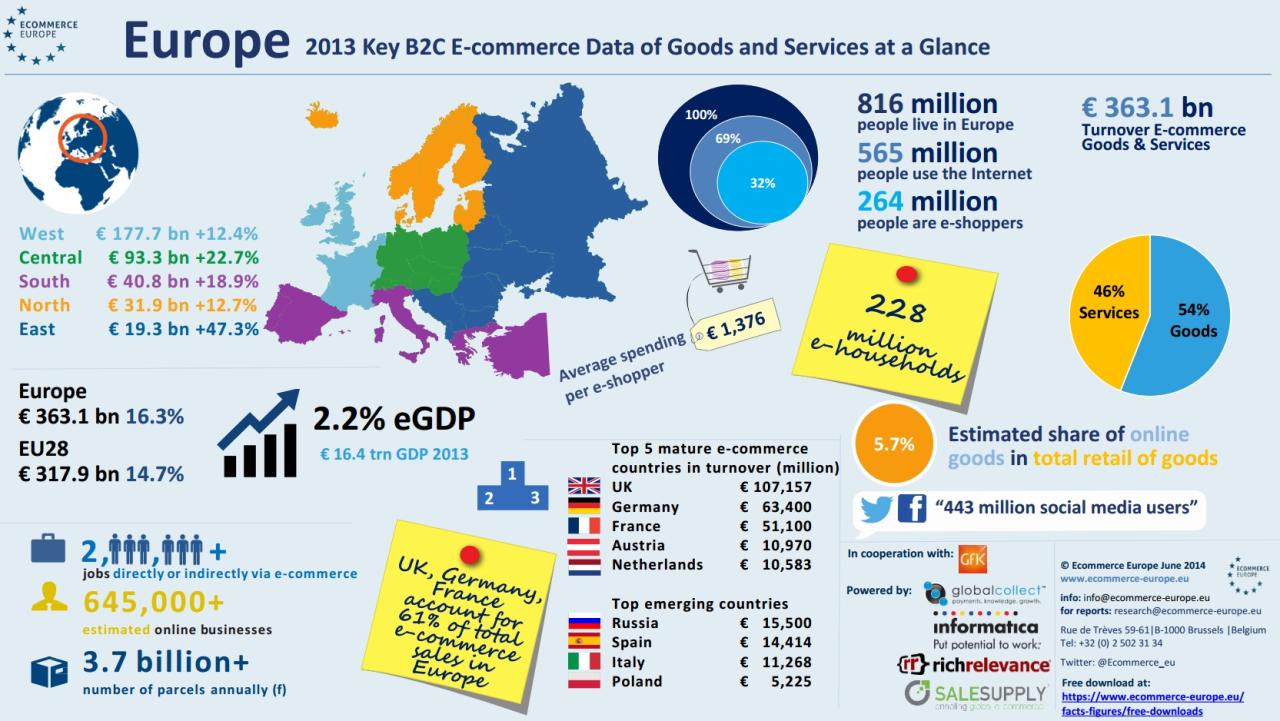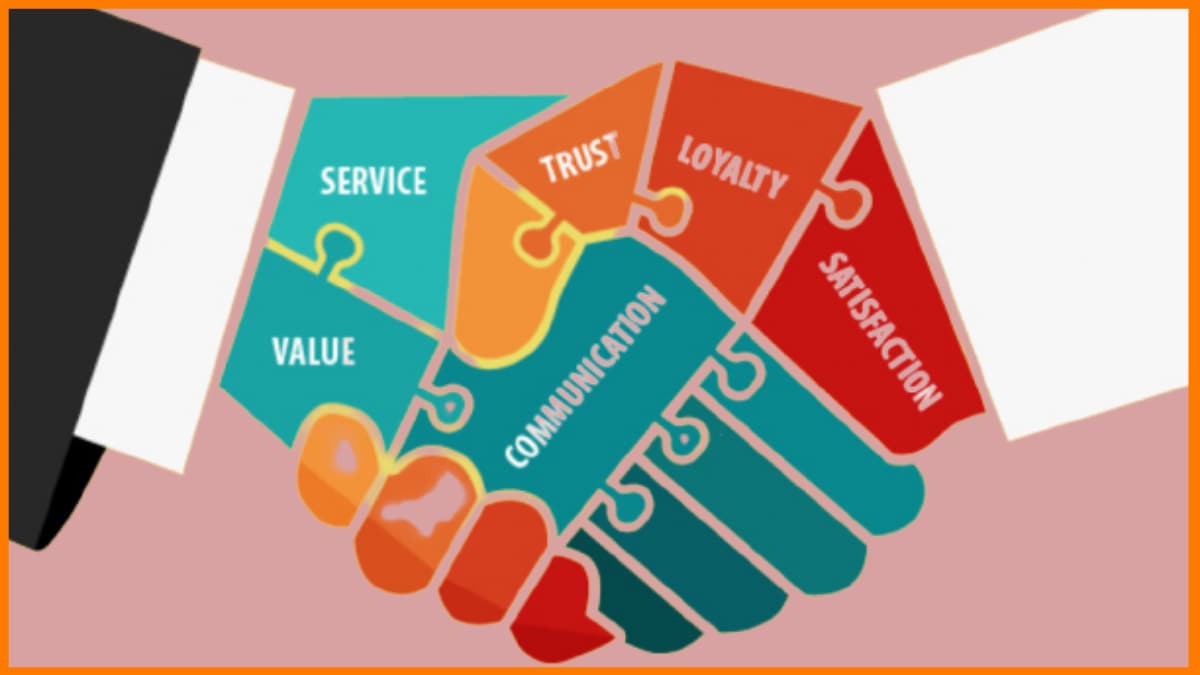With Ecommerce and Lifestyle: The New Age Shopping Psychology at the forefront, this paragraph opens a window to an amazing start and intrigue, inviting readers to embark on a storytelling casual formal language style filled with unexpected twists and insights.
Ecommerce has revolutionized how people shop, blending lifestyle choices with consumer behavior in ways never seen before. Dive into the fascinating world of online shopping psychology and witness the evolution of the modern shopper.
Ecommerce Impact on Shopping Behavior

In today's digital age, ecommerce has revolutionized the way consumers shop, significantly impacting their behavior and preferences. The convenience and accessibility offered by online shopping platforms have led to a shift in consumer habits, with traditional brick-and-mortar stores feeling the effects of this change.
Shift Towards Online Shopping
The ease of browsing and purchasing products online has attracted consumers to opt for online shopping over traditional retail experiences. The ability to shop anytime, anywhere, and compare prices effortlessly has made online platforms a preferred choice for many shoppers.
Impact on Brick-and-Mortar Stores
As more consumers turn to ecommerce for their shopping needs, brick-and-mortar stores have faced challenges in retaining customers. The rise of online shopping has led to a decrease in foot traffic in physical stores, prompting retailers to adapt their strategies to compete in the digital landscape.
Changing Consumer Preferences
With the vast array of products, competitive pricing, and personalized shopping experiences offered by ecommerce sites, consumers are increasingly drawn towards online platforms. The convenience of doorstep delivery and easy return policies have further solidified the preference for online shopping among modern shoppers.
Psychological Factors in Ecommerce Shopping

Online shopping is not just about convenience and accessibility; it is also heavily influenced by psychological factors that impact purchasing decisions. Understanding these triggers can help businesses tailor their strategies to better appeal to consumers.
Social Proof and Online Reviews
Social proof plays a significant role in influencing online purchasing decisions. When consumers see positive reviews and testimonials from other customers, they are more likely to trust the product or service. Online reviews act as a form of social validation, helping potential buyers feel more confident in their decision to make a purchase.
Businesses can leverage this by actively encouraging satisfied customers to leave reviews and showcasing positive feedback prominently on their websites.
Personalization and Customization
Personalization and customization are key elements in enhancing the online shopping experience. By offering tailored recommendations based on past purchases, browsing history, or demographic information, businesses can create a sense of exclusivity and relevance for each customer. This level of personalization not only increases engagement but also fosters a stronger connection between the consumer and the brand.
Customizing products or services to meet individual preferences further enhances the overall shopping experience, making customers feel valued and understood.
Lifestyle Branding in Ecommerce
In the world of ecommerce, lifestyle branding plays a crucial role in attracting and retaining customers. By aligning products with consumer lifestyles, ecommerce platforms can create a strong sense of connection and loyalty with their target audience.
Successful Lifestyle Branding Strategies
- Storytelling: Ecommerce brands often use storytelling to create a narrative around their products that resonates with their target audience. By sharing the story behind the brand, they can build a sense of community and identity.
- User-generated content: Encouraging customers to share their own experiences with the products on social media not only provides valuable social proof but also allows for a more authentic connection with the brand.
- Celebrity endorsements: Partnering with influencers or celebrities who embody the lifestyle that the brand represents can help attract a wider audience and enhance brand credibility.
Importance of Product Alignment with Consumer Lifestyles
When ecommerce platforms align their products with the lifestyles of their target consumers, it creates a more personalized shopping experience. This alignment helps in building brand loyalty as customers feel that the products cater to their specific needs and preferences.
Technology Trends Shaping Ecommerce Shopping
The world of ecommerce is constantly evolving, with technological advancements playing a significant role in shaping the way people shop online. From artificial intelligence to augmented reality, these innovations are revolutionizing the online shopping experience.
Impact of AI and Machine Learning on Personalized Shopping Experiences
Artificial intelligence and machine learning algorithms have transformed the way ecommerce platforms interact with customers. By analyzing past behavior and preferences, AI can tailor product recommendations and personalized shopping experiences for each individual user. This level of personalization not only enhances customer satisfaction but also increases conversion rates for online retailers.
Role of Augmented Reality in Enhancing the Online Shopping Experience
Augmented reality (AR) technology has opened up new possibilities for online retailers by allowing customers to visualize products in a real-world environment before making a purchase. This immersive shopping experience bridges the gap between online and physical retail, providing customers with a better understanding of product features and functionality.
AR has the potential to reduce returns and increase customer confidence in their online purchases.
Voice Commerce and Smart Devices Transforming Online Shopping
Voice commerce, powered by smart devices like Amazon's Alexa and Google Assistant, is changing the way people shop online. Customers can now place orders, track shipments, and even get personalized product recommendations using just their voice. This hands-free shopping experience is convenient and efficient, leading to increased adoption of voice assistants in ecommerce.
As smart devices become more integrated into daily life, the future of online shopping will continue to be shaped by voice commands and AI technology.
Ethical Considerations in Ecommerce
In the realm of ecommerce, ethical considerations play a crucial role in shaping consumer trust and sustainable practices. From data privacy to environmental impact, it is essential for online retailers to uphold ethical standards to ensure a positive shopping experience for their customers.
Data Privacy and Security in Online Shopping
In the age of digital transactions, the collection and protection of customer data are of utmost importance. Online retailers must prioritize data privacy and security to safeguard sensitive information such as payment details, personal preferences, and browsing history. Failure to do so can result in breaches, identity theft, and loss of consumer trust.
Implementing robust security measures, encrypted connections, and transparent data handling practices are essential to maintain the trust of online shoppers.
Importance of Transparency in Ecommerce Practices
Transparency is key in building trust with online consumers. Ecommerce businesses should be open and honest about their product sourcing, pricing strategies, and customer service policies. Providing clear information about shipping costs, return policies, and product quality can help establish credibility and foster long-term relationships with customers.
By being transparent in their practices, online retailers can instill confidence in consumers and differentiate themselves in a competitive market.
Environmental Impact of Ecommerce and Sustainable Shopping Choices
The rise of ecommerce has led to concerns about its environmental impact, including carbon emissions from shipping, packaging waste, and resource consumption. To address these issues, consumers are increasingly seeking sustainable shopping choices, such as eco-friendly products, minimal packaging, and carbon-neutral shipping options.
Ecommerce businesses can mitigate their environmental footprint by adopting green practices, investing in renewable energy, and promoting ethical sourcing. By embracing sustainability, online retailers can attract eco-conscious consumers and contribute to a greener future.
Wrap-Up
As we conclude this exploration of Ecommerce and Lifestyle: The New Age Shopping Psychology, it's clear that the convergence of technology, branding, and consumer behavior has created a dynamic landscape for shopping. Embrace the future of retail with a deeper understanding of the psychology behind every click and purchase.
FAQ Compilation
How has ecommerce influenced traditional retail stores?
Ecommerce has led to a shift in consumer preferences towards online shopping platforms, impacting traditional brick-and-mortar stores by changing shopping habits and expectations.
What role does personalization play in online shopping experiences?
Personalization enhances online shopping experiences by tailoring products and services to individual preferences, creating a more engaging and relevant interaction for consumers.
Why is lifestyle branding important for ecommerce platforms?
Lifestyle branding helps ecommerce platforms attract customers by connecting products with consumer identities and aspirations, fostering brand loyalty through a deeper emotional connection.
How do ethical considerations impact ecommerce practices?
Ethical considerations such as data privacy, transparency, and environmental sustainability play a crucial role in building consumer trust and shaping responsible ecommerce practices.




